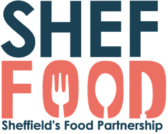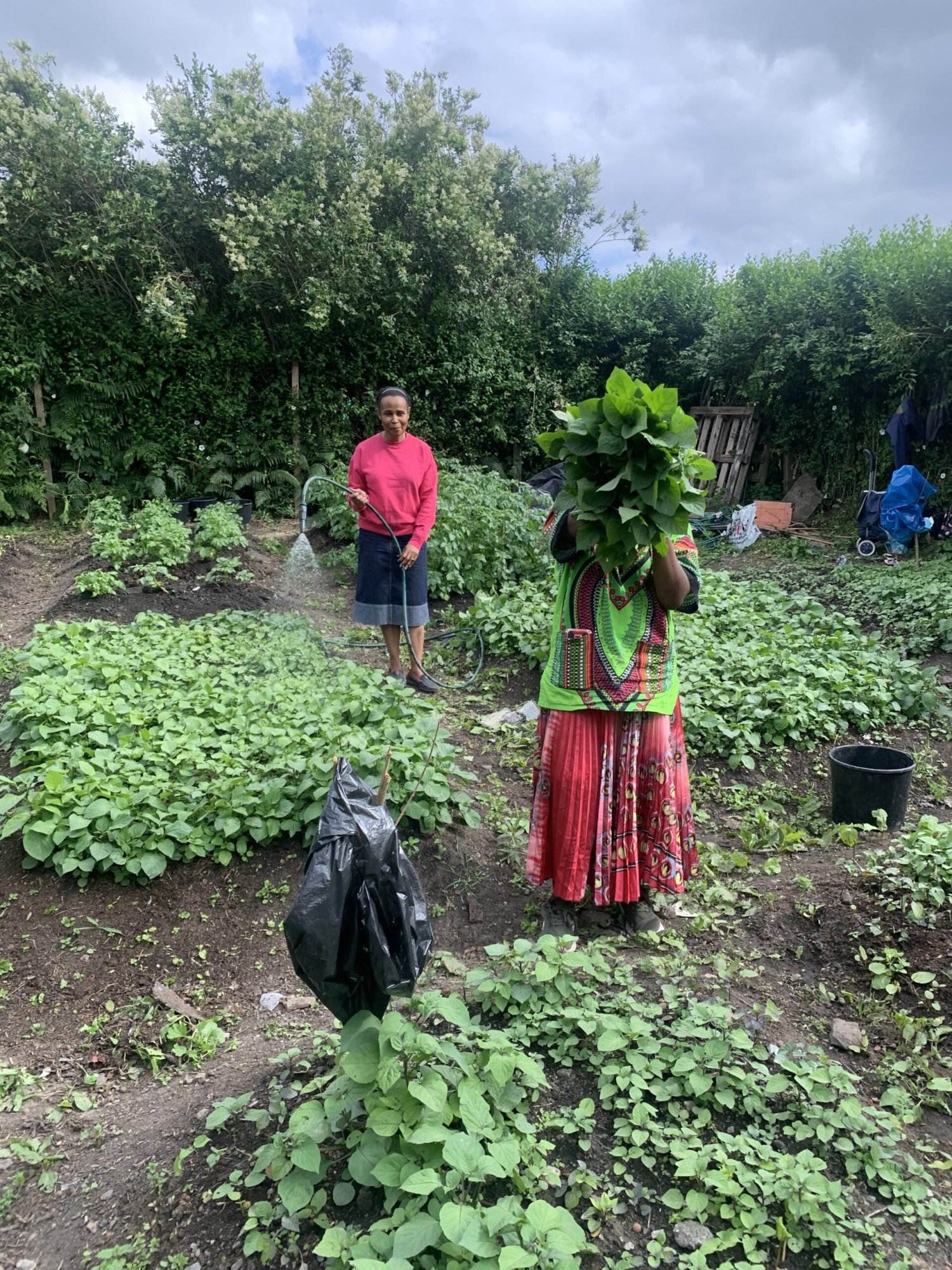Food is a powerful thing. It gives us energy, nourishes our body and mind, can keep us healthy and stave off disease and, often overlooked, it can make us incredibly happy. This is especially true for those delicious ingredients or meals we remember from childhood. The nostalgia of a special time rolled into a chicken pie on a winter’s day or a quickly melting lolly on a visit to the beach. These home comforts are often why we love food so much, and they can be essential for your health and happiness when you are far from home or feeling lonely. The United Women Affiliation, a charity based in Sheffield, knows this all too well. And part of their mission to tackle social isolation in Sheffield communities is to increase access to culturally appropriate foods for some of the least privileged in our society.
Who are United Women Affiliation?
UWA was set up in 2020 by DR Hawa Yatera, who has a wealth of experience in Public Health Leadership. Its mission is to advocate and provide access to evidenced-based social well-being awareness and education to promote resilience and improve the quality of life for underprivileged people locally and internationally. They focus on Black, Asian and Minority Ethnic (BAME) disadvantaged children, women, young mothers, single fathers and young people who often face many social barriers to leading a fulfilling and happy life. Their goals cover five key areas;
- Awareness – To Increase awareness of social well-being and preventable health conditions.
- Advocate – To advocate for quality education opportunities for underprivileged children and to promote career and professional development for women, young mothers, single fathers and young people.
- Research – To work in partnership with research organisations to conduct community public health research to improve the quality of life for underprivileged (BAME) women, children, young mothers and single fathers.
- Support – To provide support, advice and advocacy for career and continuing professional development
- Network – To network with local, national and international agencies and like-minded people in Education, Research and Consultancy businesses.
By supporting parents, whether refugees, asylum seekers or as part of diasporas, we can ensure they improve their health, finances and happiness and secure their children’s happiness and health. UWA has several projects which support families throughout Sheffield. They’ve run meetings and training on social well-being and health awareness, Covid-19 prevention and protection, and mental health alleviation strategies. These sessions have had a significant positive impact on
minoritised underprivileged women from African background communities. Many participants feel more confident, are less lonely and have improved their mental health and emotional well-being.



A Revolutionary Food Project
They’ve also embarked on a revolutionary project to help boost their patrons’ happiness through food. UWA has started a community allotment called the Shamba Project at the Grimesthorpe Allotments in Sheffield. They acquired the allotment in August 2022 and began work in February 2023. They started with the heavy graft; clearing, landscaping and manuring the soil. This hard work prepared the site for sowing in May 2023, consisting mainly of Sub-Saharan vegetables. Plants include mnavu/black nightshade, sukumawiki/collard green, mchicha/amaranthus, and some familiar favourites like potatoes. These ingredients are familiar home comforts to the many Sub-Saharan African people UWA works with. These plants provide a source of culturally appropriate, healthy food for the families in our communities, and the project will offer significant benefits to those involved.
If the project expands, it can employ more people, providing financial well-being for those supported by UWA and helping them connect with and support more people. The Shamba project has already helped many come out from isolation in their homes, helping them improve their communication, mental, social and physical health. They have gained new skills and feel they are doing something productive, but mostly they are happy to get weekly cultural vegetables which many could otherwise not afford, but also important nutrition.
Why Culturally Appropriate Foods Are Important in Our Food System
Culturally appropriate foods or culturally preferred foods are safe and nutritious foods that meet people’s diverse tastes and needs based on their cultural identity. One example is people who identify with the Muslim or Jewish faith and may want Halal or Kosher foods. Culturally appropriate may also be less formalised than this as simply be the foods you enjoyed from your youth in a country you no longer live in, and therefore are less likely to be able to access those ingredients.
Offering affordable, culturally preferred food options that meet dietary guidelines allows people to choose foods that meet their cultural and nutritional needs. Providing traditional ingredients or meals expands opportunities for customers to select familiar and healthier foods they prefer. Of course, this will lead to improved diets, positively impacting the health of our communities. In addition, anyone else can have the chance to learn about cuisines that are different from their own and become more culturally aware. Growing culturally appropriate crops in the UK rather than importing from overseas is also an opportunity to lower the carbon footprint of our food while diversifying our crops is one way of adapting to climate change.
Food banks, community pantries, farmers, markets, cafes, restaurants, and anyone else in the food sector, can be part of the solution. Only some organisations are set up to provide culturally appropriate foods right now. Still, if we make it part of the agenda for better food, we can help everyone in our city access healthy food that we love! Food organisations could provide more options for marginalised communities in Sheffield by offering ingredients or meals that cross cultures, creating fusion flavours that satisfy many palates, and developing more choices for an individual, whether on a menu or selecting items for a food parcel. Creativity is the name of the game for food vendors who want to make an effort.
The Next Step
UWA currently need polytunnels and a large farm to accommodate the increase of people who want to join and the necessary increase in production. They also hope to commercialise the project so it can support itself sustainably. Shamba Project started as a way to help the people UWA support to engage in physical activities such as gardening and farming but also achieve food inclusion, improve social, mental and financial well-being, improve nutrition, and help get employment. However, with the need for a polytunnel, a large farm, improved knowledge in farming, preserving and packaging and the growing need to commercialise, the UWA is at a crossroads. Can you help with any of these things? If so, please get in touch at info@unitedwomenaffiliation.
If you’re impressed by the work of the UWA but can’t help with the above, why not help them out with a donation? Donations allow them to help underprivileged women who experience hardship and provide education for both young mothers and orphans. You can also email them at info@unitedwomenaffiliation.net to learn more about their work or get support.
Visit their website for more information: https://unitedwomenaffiliation.net/

